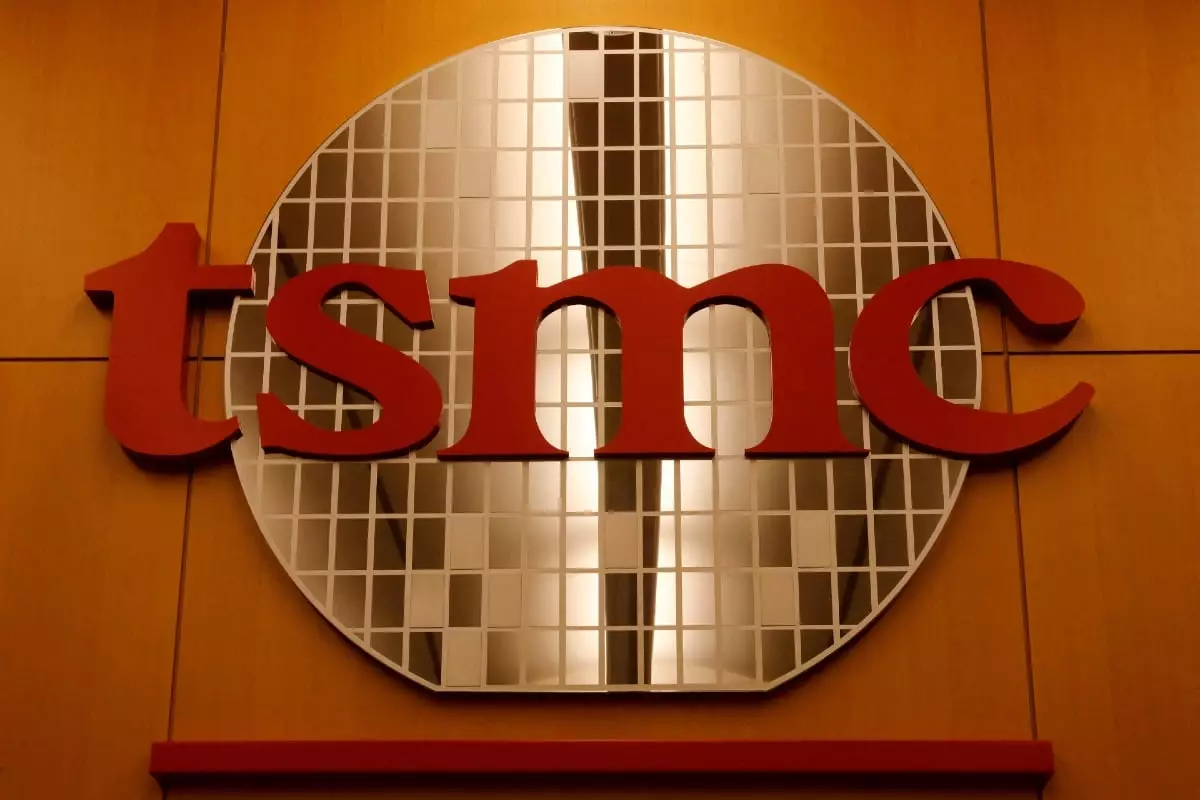The dynamic landscape of the semiconductor industry is often characterized by intense competition, rapid technological advancements, and regulatory scrutiny. A recent incident involving the Taiwan Semiconductor Manufacturing Company (TSMC), a leading chipmaker, and the Chinese chip designer Sophgo has sparked significant controversy, particularly concerning Huawei’s involvement. This situation not only underscores the intricacies of global supply chains but also highlights the ongoing tensions between China and the United States regarding technology and trade.
TSMC stands as the world’s largest contract chip manufacturer, commanding a significant presence in the global electronics supply chain. The company’s operations are heavily influenced by geopolitical factors, particularly U.S. policies pertaining to national security and export controls. Since mid-September 2020, TSMC has ceased shipments to Huawei, following a series of stringent sanctions imposed by the U.S. government aimed at curbing Huawei’s access to advanced technologies that could bolster its telecommunications infrastructure and artificial intelligence (AI) capabilities. The backdrop of this situation involves the substantial penalties and restrictions placed on companies associated with Huawei, particularly after concerns regarding the potential misuse of technology.
The controversy erupted when a chip manufactured by TSMC was reportedly discovered in Huawei’s Ascend 910B processor, which raised alarms regarding compliance with U.S. export laws. Sophgo, which had ordered chips matching those found in the Huawei processor, was investigated due to its alleged ties with both TSMC and Huawei. Despite Sophgo’s insistence that it adheres to all regulations and has no direct business relationship with Huawei, the incident has prompted a heightened scrutiny of the firm’s operations, particularly given its affiliation with Bitmain, a well-known company in the cryptocurrency mining space.
The findings were first reported by the tech research firm TechInsights, which dissected the multi-chip processor and identified the TSMC chip embedded within it. Following this discovery, TSMC promptly notified U.S. authorities and suspended shipments to Sophgo while it conducted an internal investigation. The lack of clarity regarding how the chip made its way into Huawei’s product remains unresolved, raising questions about the robustness of supply chain controls.
TSMC has communicated its cooperation with U.S. authorities throughout this ordeal and has reaffirmed that it has not supplied Huawei since the imposition of export restrictions in 2020. The firm’s proactive stance in notifying the U.S. of the potential compliance issue reflects an awareness of the severe repercussions of any perceived violations.
On the other hand, Sophgo has taken a resolute stance in defending its practices. The company’s public statements emphasize that it is committed to legal compliance and has provided considerable documentation to TSMC to reaffirm its lack of association with Huawei. Nonetheless, Sophgo’s connections to Bitmain and its controversial past, which includes legal troubles in Taiwan, complicate its narrative and cast doubt on its claims of innocence.
This incident serves as a crucial case study reflecting the fragility of semiconductor supply chains, particularly in a politically charged environment. As global companies navigate the intersections of technology, commerce, and international relations, the repercussions of regulatory actions become ever more prominent. The situation illustrates how interconnected businesses can face potential fallout from the actions of one entity within an entwined ecosystem—an issue magnified by the speed of communication and the transparency demanded by stakeholders.
Given the importance of semiconductor technology in driving innovation across various sectors, including consumer electronics, telecommunications, and automotive, the stakes are exceedingly high. Future developments will likely require even more stringent compliance protocols and risk assessments among semiconductor manufacturers and their clients to safeguard against potential legal repercussions and to maintain a competitive edge in a volatile market.
The unfolding drama between TSMC, Sophgo, and Huawei does not exist in a bubble; rather, it highlights the complexities of global technology trade and the continuing impact of geopolitical divides. As tensions escalate, both companies and regulators will need to navigate these murky waters to foster an environment of innovation that complies with existing laws and cultivates sustainable technological progress.



Leave a Reply